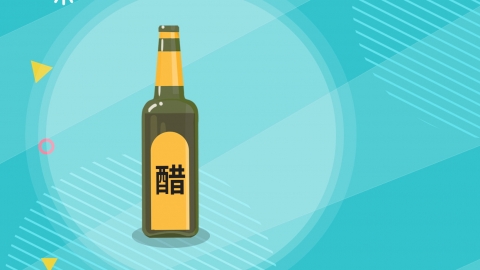What should not be eaten with lamb?
Generally, lamb should not be consumed with vinegar, dairy products, tea, legumes, or seafood. The analysis is as follows:

1. Vinegar
Lamb is a heaty food. Consuming it with vinegar may affect the body's yang energy production and cause gastrointestinal discomfort. The acidic components in vinegar may chemically react with the protein in lamb, affecting the digestive function of the gastrointestinal tract.
2. Dairy Products
Such as milk and yogurt. Eating lamb together with milk may cause chemical reactions in the stomach between the two foods, leading to excessive gastric acid production and causing stomach discomfort.
3. Tea
Consuming lamb with tea may result in the tannic acid in tea interfering with the absorption of protein from lamb, causing nutrient loss. Moreover, tannic acid in tea may bind with iron in lamb, affecting its absorption.
4. Legumes
Such as pea shoots, red beans, and green beans. Lamb contains high levels of fat; combining it with legumes may easily cause indigestion, especially noticeable for individuals with poor gastrointestinal function.
5. Seafood
Such as high-protein seafood like shrimp, crab, and fish. Consuming lamb with seafood may easily cause indigestion, possibly leading to symptoms such as abdominal distension and pain. Components in seafood may react with proteins in lamb during digestion, increasing the burden on the gastrointestinal system.
To ensure dietary safety and health, it is recommended to choose suitable accompanying ingredients when consuming lamb and adjust the dietary structure according to individual body conditions.




